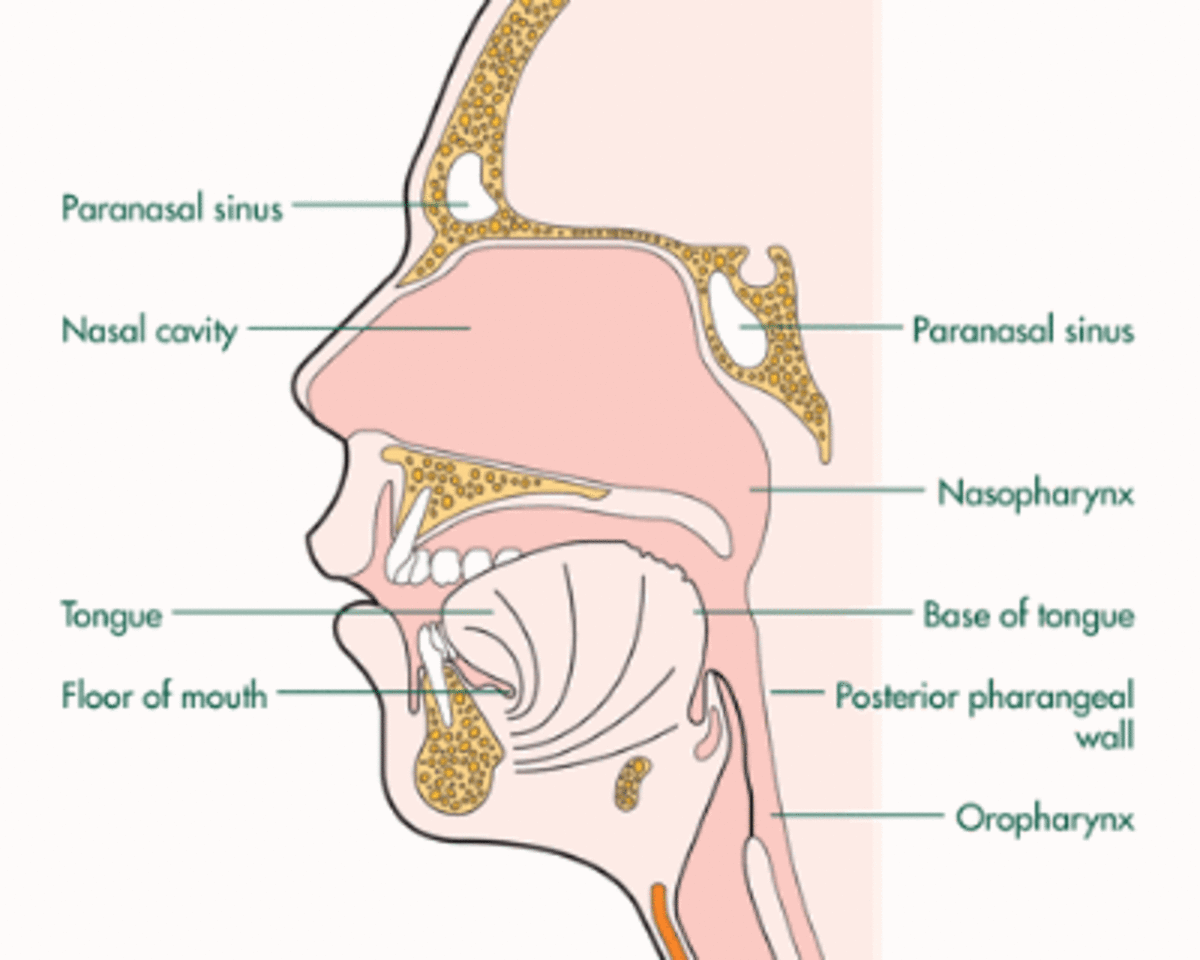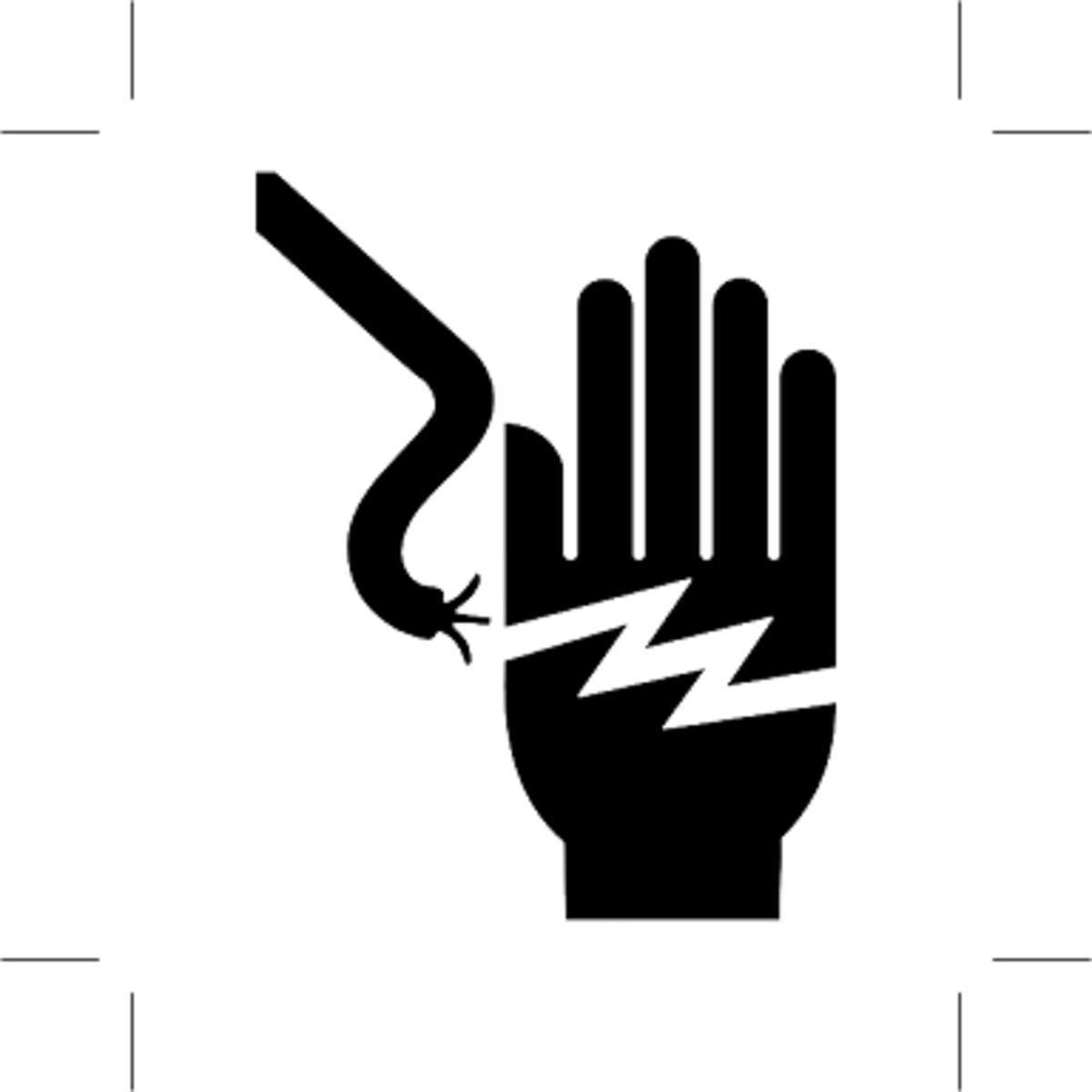Catatonic schizophrenia: Symptoms and treatment

Catatonic schizophrenia is a subtype of schizophrenia where afflicted persons exhibit disturbances in movement, which can manifest as behavioral extremes.
Persons diagnosed with this subtype are capable of catatonic stupor (temporary immobility) and catatonic excitement (hyperactivity).
Catatonic schizophrenia prominently displays signs of motor disorder – a disorder related to mobility and muscular movement. However, it displays a combination of positive (presence of abnormal behavior) and negative (absence of normal behavior) symptoms of schizophrenia.
Catatonic schizophrenia symptoms
- Catatonic stupor: This refers to physical immobility in the affected patient. The patient might appear to be physically unresponsiveness to immediate surroundings and persons. An inability to speak also characterizes this symptom.
- Catatonic excitement: This manifests itself as hyperactivity – in the form of increased motor activity that appears purposeless or without context. It also refers to making loud noises.
- Posturing: Catatonic schizophrenics might find themselves maintaining strange positions and postures voluntarily for extended periods.
- Negativism: This is a form of extreme resistance, where the afflicted person does not respond verbally or physically to instructions, requests or prompting. Schizophrenics with this particular condition might also resist any attempts to move them through rigidity (maintenance of a particular posture in an effort to remain static).
- Waxy flexibility: This is when schizophrenics do not resist being moved, but when their bodies or limbs are moved, they maintain that externally-imposed position.
- Mimicking speech or body movements of others
Catatonic schizophrenia also shares symptoms common to other subtypes as well. These include delusions, hallucinations, disorganized speech, social withdrawal, emotional unresponsiveness, disorganized behavior and neglect of proper hygiene.

Catatonic schizophrenia treatment
Schizophrenia treatment relies heavily on medication, with the support of psychotherapy. Catatonic schizophrenics require similar treatment to those afflicted with other types. These methods include:
- Medication
- Electroconvulsive therapy
- Psychotherapy
- Hospitalization
- Social and vocational skills training
Catatonic schizophrenics can use antipsychotic drugs, but these are not often used since they tend to exacerbate the symptoms of catatonic schizophrenia. Typically, antidepressants (specifically for those displaying symptoms of depression) and anti-anxiety drugs are used to treat catatonic schizophrenics.
Benzodiazepines help to sedate the patient and represent the main drug used to treat this condition. Electroconvulsive therapy (transmitting electrical pulses through the brain) alters the brain chemistry, thus affecting the biochemical factors responsible for schizophrenia.
Psychotherapy’s objective is to help affected persons and their immediate support group cope with having schizophrenia and cope with the implications for personal well-being and relationships with others.
Hospitalization is used in cases of crisis so that the patient can be properly monitored and medicated. As with psychotherapy, social and vocational skills aim to help the schizophrenic reintegrate with their family and community by equipping them with various life skills and social skills.
Like other forms of schizophrenia, catatonic schizophrenia has no known cure. However, it remains treatable – although symptoms can easily recur if medications are not taken on a periodic basis for life.






